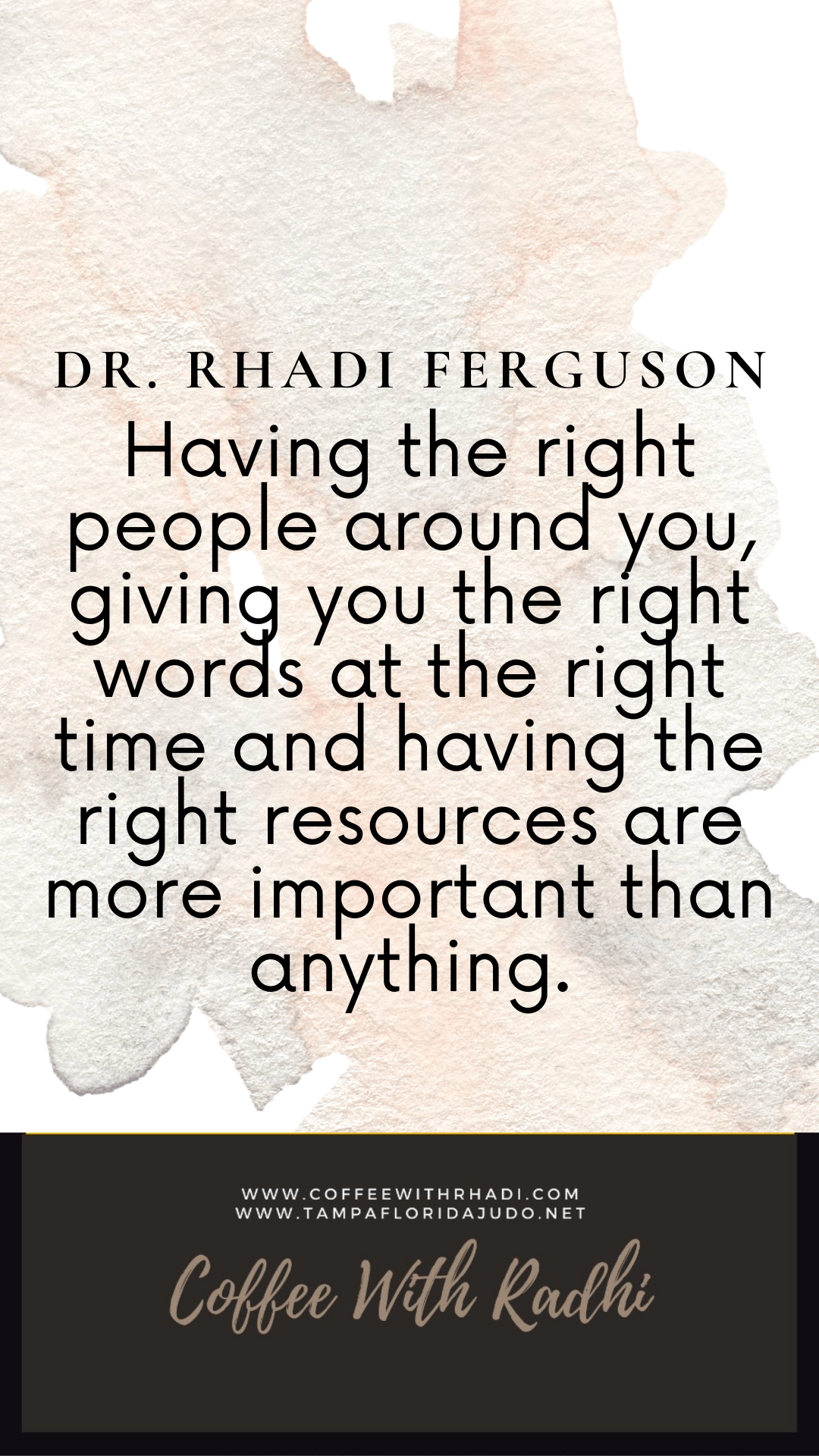Olympic Trials is over and what we’ve seen at the trials has been truly amazing. We’ve seen a 13-year-old in swimming make the Olympic teams and a 17-year-old run some phenomenal times and the 200.
I think a lot of individuals who haven’t studied how to acquire expertise, have some belief in the head that a child or person has to be passionate about the things they want and it’s possible to chase. That’s not True! You’re going to have as much passion as you’d like. If things don’t line up for you, you’re not going to be able to do them.
Now, first and foremost, if you choose not to sound like the idiot around the dinner table who just spewing all their opinion about things and you want to read the books on how to acquire expertise. You can check out ‘Anders K Ericsson’ He has a book on the acquisition of expertise. He has several books, several theories on it. You can read ‘Talent is overrated’ by Geoffrey Colvin ‘The Talent Code’ by Daniel Coyle, ‘Outliers by Malcolm Gladwell’ and several other books on the acquisition of expertise. Let me tell you how things normally go, something many people don’t know.
More often than not the parents choose at birth, what the child is going to be focusing on. what happens if you do the research is the parents choose! Meaning like in chess, they use chess a lot. Both parents choose that our child is going to be an excellent chess master. And they train them in chess early hours and hours of chess, they play chess, the children watch the kids play chess, and they play in it. And they get good at chess.
Early, a parent chooses to put their kids in tennis, they train their kids in tennis, they train them, they expose them to tennis, they travel and they play tennis and then they move forward and they do tennis professionally. Then there are situations where, for the people who do Judo, you can do judo and live in Utah and you could do judo and live in a small town in Massachusetts, next to Jimmy Pedro or you can live in California or Hawaii, or in Florida, and you just have more exposure.
Those things seem like chance and happenstance. And they are but also based on based around population. So, you have the forward thinking of the parents, which is how it usually happens, and you have exposure to the right mentors and the right coaches. On the sport side, on the acquisition of expertise side, it is impossible to acquire expertise in an area without being exposed to an expert. period. Meaning, if you want to be a world class 200-meter runner, you say I want to be a world class 200-meter runner.
We have a track club here in South Florida. The person running the track club had some world class times. now times one of the best in the world. But if you’re in college, and you’re running a 46, 45 400 meters, that those are world class times. The children who are in that summer track club are exposed to somebody who ran track at a high level, ran track at a division one level in college. Now, if those children want to go to the Olympics, then they’re going to have to get themselves exposed to Olympians and world class people.

Now, here’s what happens. If you’re in their environment, and you excel over a period of time you are going to be exposed to those people. So, you go to a judo tournament, you run into Nick del Papa, you run into myself, Rhadi Ferguson, and the kid takes pictures parents talk to you say, hey, do you have any camps going on? Can we bring you in for a seminar? and then your kids get these touches, and this exposure from the experts in the field and then they are around them more and more than have an opportunity to move forward. Because if you don’t have those touches, and those conversations, you don’t understand what is necessary to get to that level.
When you’re in an elite athlete, you are elite because you can maintain what other people can’t, you can contain what other people can’t, you can withstand what other people can’t, and you can do things that other people just can’t do. Being elite means that you’re elite on the cognitive level, the effective level and the psychomotor level.
There are many athletes who aren’t elite, because they can’t handle the what’s necessary to be elite in one of those domains. When you’re an elite athlete, and you’re a professional athlete, amongst ourselves, we understand you have to withstand, go through, maintain and contain certain things that occur in those environments. I don’t have conversations with general poppers, and I’m a general popper now, but I don’t have conversations with people who have existed in general population all their lives, about things that happen within the elite population. It looks different. They’re not going to understand it.
They don’t know it; they can’t fathom it. It looks like it’s too much. It looks like there’s more of them than there is of me. So, if I’m sitting around the table talking, they’re all going to agree I’m going to lose based upon argumentum ad populum. So more often than not, I just sit down and I agree with him and I just I just keep moving and I deal with my own frustration about knowing what I know and understand what I understand. I have to walk away and contain that and maintain that because I’ve been in that type of environment.
Case in point. Kaitlin Young is a very, very intelligent, pretty and attractive young woman. I don’t have to be around her to know that she has been bombarded with the irritating question of, “oh, man, you’re so pretty. Why do you do MMA?”
That has to be the most irritating question that people ask her. They’d don’t understand who she is behind the smile, and the goofy faces and all that other stuff. She’s a killer. She doesn’t want to be a killer, but that’s just who she is. And the best way to get that thing out, so she doesn’t, you know, run up on anybody with a box cutter is to let those things come out and the ring and the cage and MMA and Muay Thai and practice etc. And then she can move forward with her life.
The reason why I know this is because I’m very similar to that too. And that’s the best way to do it. Put on your pajamas, put on the shorts and the Spats and get on the mat rolled around less than sweat dripping another person’s on, slap around a little bit and then go home. It’s very difficult to explain to people why you put yourself through 45 minutes and 60 minutes and 90-minute grind and practice with no bathroom breaks and spitting blood out your mouth and a little cut in your eye and you go put it together with some crazy glue in the corner.

if people don’t understand those things, that they don’t understand also what it’s like to be elite. And the pressure of the elite is very different. So how do you train young people to deal with those type of pressures? Because everybody on the outside is going to say it’s too much. They’re going to say you’re pushing the kid too hard and the person needs a break or they going to say “Aren’t you worried about burnout? Let me say this about burnout.”
I don’t believe in burnout. Now, can burnout happen? I don’t believe in burnout. If you get burnt out, you’re not the one. I was training. I was training. I was doing good. But then I just got burnout. No, you didn’t get burned out. As you move through as you move through the athletic ladder, it gets less and less at the top. Now you didn’t burn out, you fell out, bro, because everybody’s not supposed to be at the top. No, you didn’t get burned out. You didn’t belong up there with those people. Because the people who belong up there, they didn’t get burned out. The people who belong there, they had coaches and strength coaches and technical coaches who spoke together who gave them time off, they had therapy. So, they did so that they did not get burnt out. They can handle the capacity of the work and do those things that so they didn’t get burnt out.
Those are the elite people. The people who are Olympic level weight lifters can put more weight on their spine and on that back then other people can the weight if you put the weight that they put on their backs when they’re doing a squat workout, you will die.
Why? Because you’re not elite. You can’t look at the bar and have the conversation with yourself that they have to have in order to lift it. You’re not you don’t you’re not able to do it. You just haven’t been trained to do it and you’re not able to do it. It’s not a burnout thing. If you’d that’s not your gift.
Let me move into the gift discussion. This is where people get things confused. The Bible says your gifts will make room for you. Okay. Here’s what you need to understand. You have a gift. Your coaches have gifts. Your parents and advisors have gifts, but everybody needs to be operating within their particular gift in order for you to move forward, if somebody has or the other gifts aren’t calibrated, and they often put somebody out of precision, or you put somebody in the wrong position.
The beautiful thing about normal is that it’s the step above poor. The thing about extraordinary is to step above ordinary. So, if you’re striving for extra ordinary and you don’t get it, you’ll be normal. But if you strive for normal and you don’t get it, you’re going to be poor. Sometimes parents operate outside of the gift. The gift is to be a mom and to protect and to provide. They start coaching and then they’re out of position.
When it comes to the acquisition of expertise or being really good or being great or extraordinary at a thing here’s what I can tell you as I close.
Having the right people around you giving you the right words at the right time and having the right resources are more important than anything.
Visit www.TheVIPLife.com get the Book and learn How To Stop Feeling Guilty For Putting Yourself First!.
PODCAST: Find your platform: https://pod.link/1327983677

